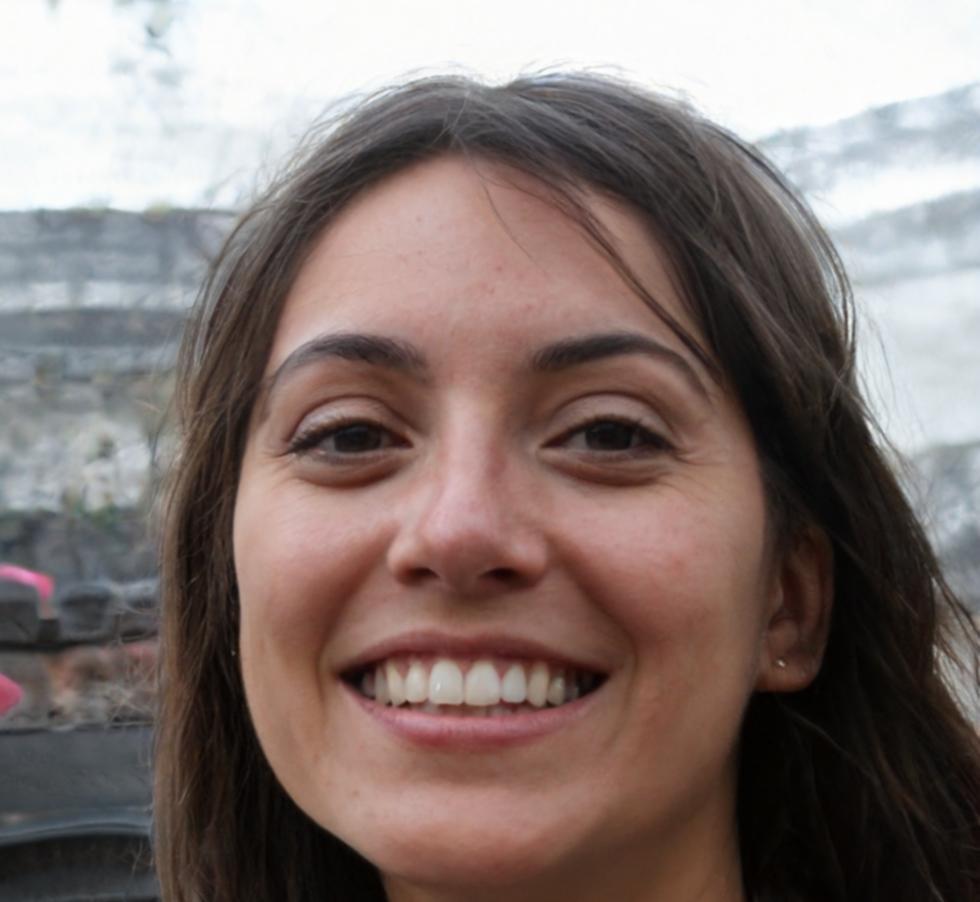How We Built This Programme
Started as weekend workshops in Newcastle. Grew into something people actually wanted to recommend. Here's what happened along the way.
First Workshop Series
Ran six Saturday sessions at a community centre in Newcastle. Twenty-three people showed up. Most were dealing with mortgage stress or business cash flow issues. We quickly realised spreadsheet skills weren't the main problem—it was understanding what the numbers actually meant.
Expanded to Online Format
Had requests from people in Brisbane and Melbourne who'd heard about the workshops. Built a hybrid model—eight weeks of online sessions plus optional in-person reviews. Found that people learned better when they could replay tricky concepts. Enrollment jumped to 78 participants across three cohorts.
Certification Programme Launch
Added a structured certification track after employers started asking if graduates had formal credentials. Partnered with two accounting firms in Sydney who agreed to recognise our certification. The programme now includes case studies based on actual Australian household budgets and small business scenarios.
Building Industry Connections
Working on deeper partnerships with financial planning firms and business advisory groups. Planning advanced modules for people who've completed the core programme and want to develop specialised skills. The goal isn't massive scale—it's keeping quality high and making sure people get genuine value.
What Happens After Graduation
These people finished the programme months ago. We stayed in touch to see how they're actually using what they learned.

Callum Morrissey
Completed October 2024 cohort
Started using the forecasting methods to plan his renovation budget. Eight months later, he's still tracking every expense and says it saved him from overspending by at least ,000. Now helps his brother-in-law analyse quotes from contractors using the comparison frameworks we covered in week five.

Petra Quinlan
Graduated March 2024 programme
Took the course to better understand her small café's cash flow patterns. She's since implemented quarterly reviews and caught a billing error from her supplier that would've cost ,200 annually. Recently hired someone part-time and used the wage planning tools to make sure she could afford it long-term.
Common Questions and Honest Answers
People ask about the same things during enrolment conversations. Here's what we tell them.
I'm terrible with numbers and spreadsheets
Lots of participants say this in week one. The course doesn't require advanced maths—if you can add and subtract, you're sorted. We focus on understanding patterns rather than complex calculations.
We start with simple tracking exercises using tools you already know. By week three, most people are comfortable with the analysis techniques. The online format lets you replay sessions when concepts feel unclear. Several participants with no financial background have completed the programme successfully.
Will this help me get a specific job or salary increase?
We can't promise employment outcomes or income changes. What the programme does offer is practical skills that people use in various contexts—personal finance decisions, small business management, or supporting work in financial services.
Some graduates have mentioned the skills helped in their existing roles or during job interviews. Others use what they learned purely for personal financial planning. The certification shows you've completed structured training, but it's not a guaranteed career ticket. Think of it as building capability rather than unlocking instant opportunities.
How much time does it actually take?
Eight weekly sessions, each about ninety minutes. Plus exercises between sessions that typically take one to two hours. People with busy schedules sometimes struggle to keep up, especially around weeks four and five when the workload increases.
Sessions are recorded, so you can watch them when convenient. The exercises use your own financial data, which means you're working on something directly useful rather than abstract problems. Most participants find they can fit it into evenings or weekends. If you need to skip a week, you can catch up—just be honest about whether you'll actually do it.
Is this relevant for my specific situation?
The programme covers household budgeting and small business fundamentals. If you're managing a large company or need specialised investment analysis, this probably isn't the right fit. It's designed for individuals and small business owners dealing with everyday financial decisions.
Works well for people managing household finances, freelancers tracking irregular income, or small business owners without accounting backgrounds. The case studies use Australian scenarios—mortgage planning, GST considerations, superannuation basics. If your situation is more complex, the skills might still apply, but you'd likely need additional resources.
September 2025 Programme Details
The next eight-week cohort starts September 15th and runs through November 7th. We're capping enrollment at forty people to keep the online sessions interactive. Cost is 0, which includes all materials and certification assessment.
Sessions run Tuesday evenings from 7:00 to 8:30 PM AEST. You'll work with real budget data throughout the programme—either your own or anonymised examples we provide. By the end, you'll have built a functioning analysis system you can continue using.
If you're interested, get in touch before July to reserve a spot. We fill up about six weeks before start dates. Happy to answer questions about whether the programme fits your situation.
Ask About Enrolment